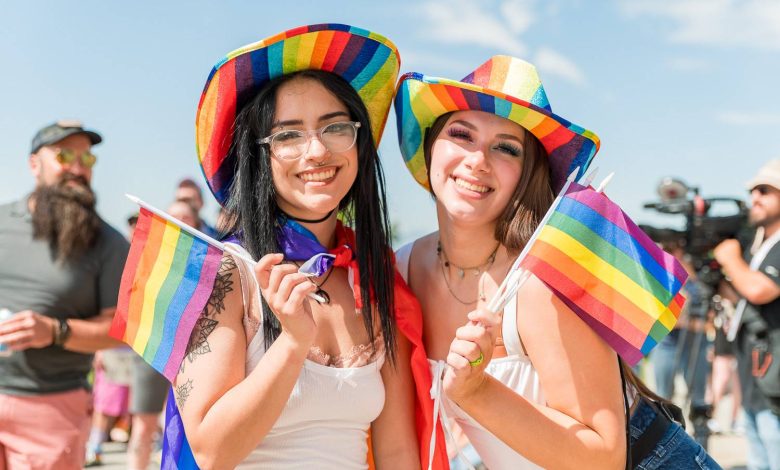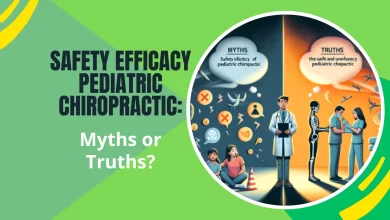Building Healthy Relationships: Social Activities in LGBTQ Sober Living Homes

Building healthy relationships is essential for everyone, especially for LGBTQ individuals in recovery.
Social activities in sober living Los Angeleshomes provide a supportive environment where individuals can connect, share experiences, and build a sense of community.
Engaging in group activities, such as game nights, movie screenings, and art classes, allows residents to foster friendships and develop peer support networks.
These safe spaces are crucial for creating bonds that help individuals feel less isolated during their recovery journey.
By participating in social events, LGBTQ individuals can enhance their mental well-being and encourage open discussions about their feelings and challenges, paving the way for personal growth and lasting connections.
The Importance of Community Engagement
Community engagement plays a vital role in the recovery process for LGBTQ individuals. By participating in social activities, residents of sober living homes can break down barriers and combat feelings of isolation.
These activities not only provide entertainment but also create opportunities for individuals to form friendships and support networks.
Engaging with others who understand their unique challenges helps foster a sense of belonging, which is essential for maintaining mental health during recovery.
Creating a vibrant community within sober living environments can empower individuals to support one another in their healing journeys.
Peer Support and Its Impact
Peer support is a powerful element in addiction recovery, especially in LGBTQ sober living homes. Sharing experiences with others who have faced similar struggles can lead to deeper connections and understanding.
When residents come together for activities, they can share coping strategies and encourage one another.
This mutual support helps individuals navigate the ups and downs of recovery while fostering a sense of accountability.
The friendships formed during these interactions can be crucial for maintaining motivation and commitment to sobriety.
Creating Safe Spaces for Expression
LGBTQ sober living homes must prioritize creating safe spaces for expression. These environments allow residents to feel comfortable sharing their thoughts and emotions without fear of judgment.
Activities like group discussions and creative arts can help individuals express themselves and explore their identities.
This open dialogue is essential for addressing the unique challenges faced by LGBTQ individuals, such as stigma and discrimination.
By fostering a culture of acceptance, these homes can significantly enhance the recovery experience for their residents.
Experiential Therapy and Social Interaction
Incorporating experiential therapy into social activities can enhance the recovery journey for LGBTQ individuals. This therapeutic approach involves engaging in hands-on activities that promote self-discovery and healing.
Examples include art therapy, outdoor adventures, and team-building exercises.
By combining therapy with social interaction, residents can build skills and form relationships while addressing their emotional and psychological needs.
This holistic approach to recovery not only strengthens bonds between individuals but also promotes personal growth and resilience.
Accessing Local Resources and Support
Finding the right support and resources is crucial for LGBTQ individuals in recovery.
Exploring local addiction treatment centers in Los Angeles can help individuals identify treatment programs that cater to their specific needs.
Many centers offer specialized support for the LGBTQ community, focusing on creating inclusive environments.
Whether searching for a sober living facility near me or seeking group therapy options, residents can access a wealth of resources that facilitate their recovery journey.
Understanding available services and support networks is vital for fostering healthy relationships and ensuring long-term sobriety.
Building healthy relationships through social activities in LGBTQ sober living homes is essential for fostering a supportive community.
These interactions help individuals create a strong support network, enhancing their recovery process.
Facilities like Rainbow Hill Recovery offer opportunities for residents to engage in meaningful activities, strengthening their bonds and promoting healing.
If you or someone you know is looking for a supportive environment, call us for more information and take a step toward a brighter future.




